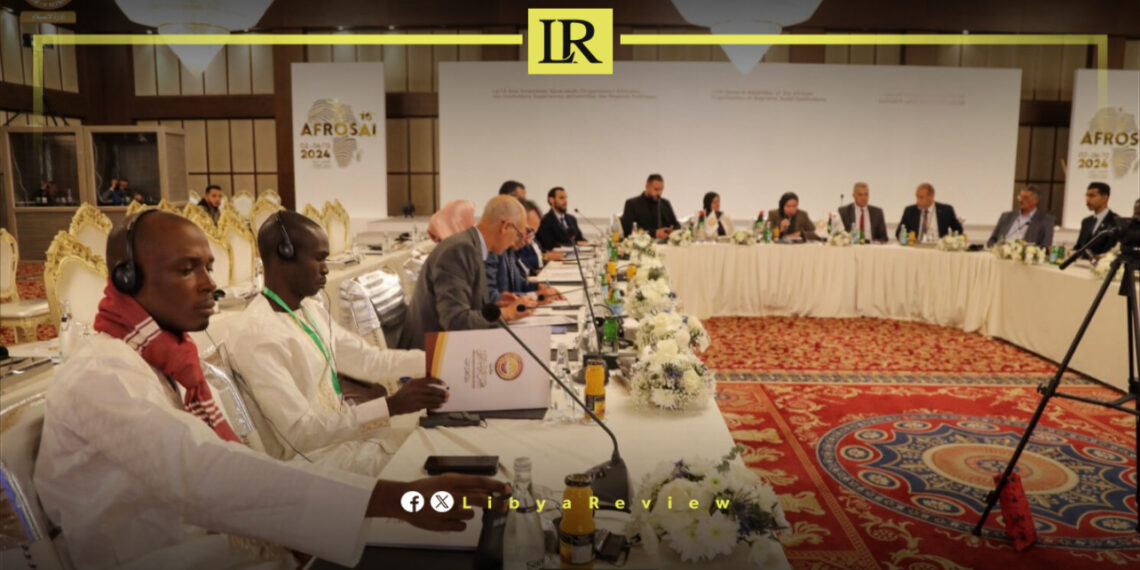Libya has announced that it will host the Africa Climate Summit in 2025, a significant event aimed at strengthening joint climate action across the continent. Dr. Rabea Abou Ras, the Head of the National Committee for Sustainable Development in the Libyan House of Representatives, confirmed that the summit will take place in the second half of 2025.
The announcement was made during a dialogue session in the capital, Tripoli, attended by Members of Parliament, including Aisha Shalabi and Asma Khawja, as well as delegates from African countries participating in the 60th meeting of the AfroSAI Executive Council. Representatives from civil society organizations also joined the event.
In her welcoming speech, Dr. Abou Ras emphasized that the summit represents a turning point in Africa’s climate efforts. She highlighted that the summit will bring together various stakeholders, including legislative bodies, oversight institutions, and civil society organizations, in a framework that promotes transparency and accountability.
The primary goal of the summit is to enhance sustainable climate cooperation and develop practical, comprehensive solutions to the climate challenges facing Africa. Dr. Abou Ras noted that it aims to create an inclusive platform for discussion and collaboration, leading to actionable outcomes for the continent’s climate future.
Libya has been in chaos since a NATO-backed uprising toppled longtime leader Muammar Gaddafi in 2011. The county has for years been split between rival administrations.
Libya’s economy, heavily reliant on oil, has suffered due to the ongoing conflict. The instability has led to fluctuations in oil production and prices, impacting the global oil market and Libya’s economy.
The conflict has led to a significant humanitarian crisis in Libya, with thousands of people killed, and many more displaced. Migrants and refugees using Libya as a transit point to Europe have also faced dire conditions.
The planned elections for December 2021 were delayed due to disagreements over election laws and the eligibility of certain candidates. This delay has raised concerns about the feasibility of a peaceful political transition.
Despite the ceasefire, security remains a significant concern with sporadic fighting and the presence of mercenaries and foreign fighters. The unification of the military and the removal of foreign forces are crucial challenges.


